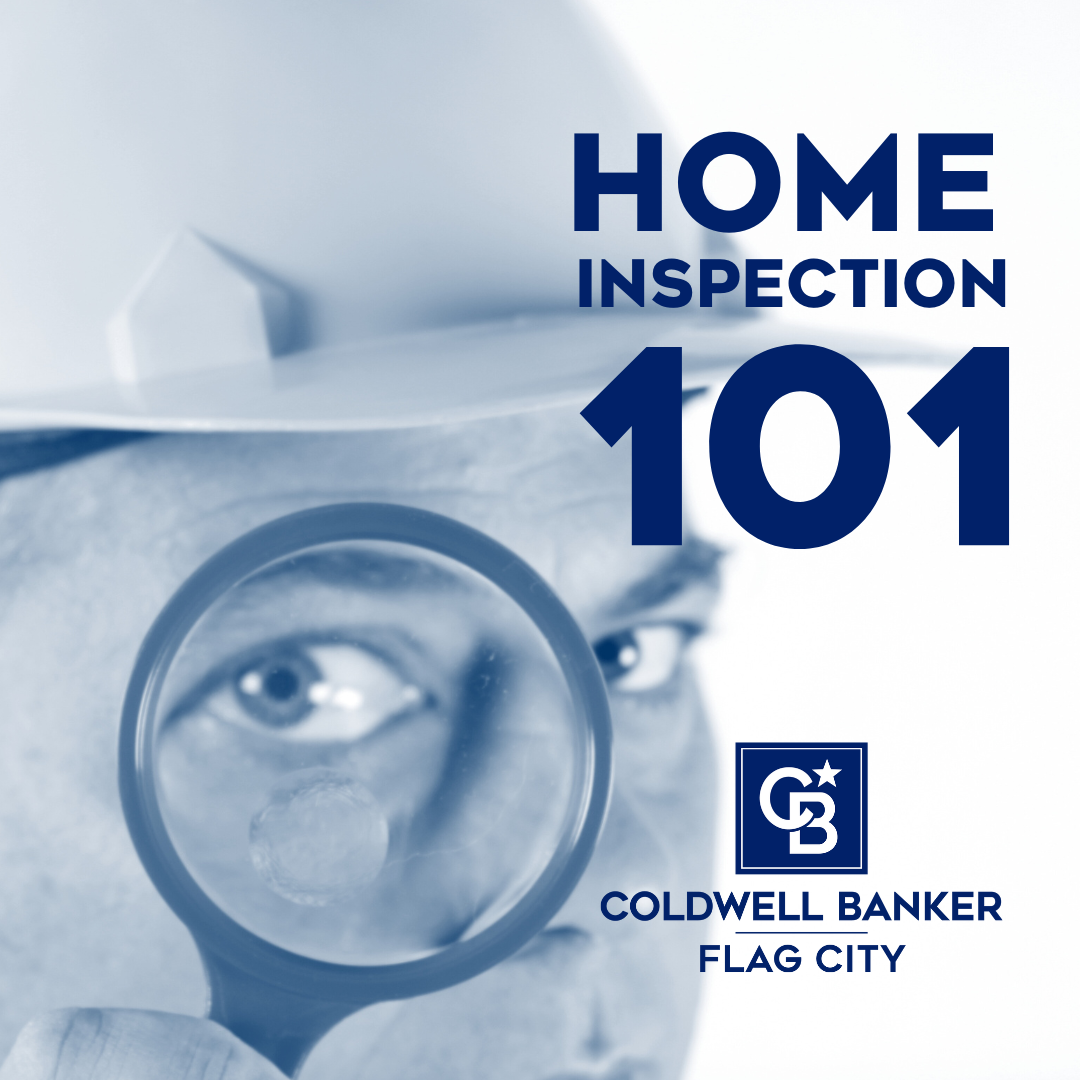6 THINGS REALTORS® OFFER THAT YOU CAN’T GET WITH A FSBO

Looking to buy or sell a home on a budget? Your first thought may be to cut out the REALTOR® and go it alone with a FSBO, or For Sale by Owner. After all, these days you can find anything you need to know on the internet, right? Not exactly.
Look at it this way: If you wanted to know where something was in a store, you’d ask an associate. If you had questions while shopping online, you’d probably use that handy customer service chat feature. So why would you try to navigate one of the biggest investments of your life without a professional backing you up? There are a lot of things REALTORS® offer that a FSBO experience just can’t. You may even find that using a REALTOR® turns out to be more cost efficient in the end! From an easier overall experience to inside info you can’t find on Trulia or Zillow, here are six things your REALTOR® brings to the table that you won’t get with a FSBO.
1. Convenience
Buying—or selling—a house is a lot more time consuming than most people realize. When you’re selling, there’s a lot of invisible work to do on the front end. When buying, it’s important to make sure your ducks are in a row financially before you start seeing properties in person. Buyers will have dozens, sometimes hundreds, of potential properties to sift through. Sellers have to organize showings and escort interested parties around while answering their questions. Your REALTOR® can not only narrow down your search to properties that fit your needs but research comparable sales (or comps). This will make sure the price is right before you get in too deep. They can also facilitate showings so you aren’t tied to the phone.
2. Connections
Professional networks are strong in real estate. A good REALTOR® will be able to recommend local bankers, inspectors, contractors, real estate photographers, cleaning companies…the list goes on and on. It’s also highly likely that they will be familiar with other REALTORS® in the area, which helps with organizing showings, writing or responding to counteroffers, and more. An established REALTOR® will already have a platform, as well, which makes it easier to get the word out on a property you want to sell. Their website and social media already have followers who pop in specifically to see what’s on the market.
REALTORS® also have access to properties you won’t find on websites like Trulia, Zillow, and Realtor.com. They can use the MLS to see properties your internet search won’t bring up, and possibly find more detailed information about properties you like. The MLS is more accurate and reliable than generic listing sites, and it can’t be accessed by just anyone.
3. Expertise
Realtors in Ohio are required to complete thirty hours of professional development coursework every three years, so they are well versed on developments in the real estate industry. They know their area like the back of their hand and can point out pitfalls, alternatives, and bonuses that may never have occurred to you alone. In addition, they are used to the complex paperwork and legal requirements you’ll need to navigate. Multi-page purchase agreements, addendums, and the many rules that go along with them are not to be taken lightly. Your REALTOR® will be able to walk you through these documents so that you not only do them correctly, but understand what they mean.
4. Loyalty
Your REALTOR® stays with you throughout the process. For sellers, they start with helping you stage the property, advertise it, and find the offer that will give you the best ultimate outcome. A buyer’s agent will answer your questions about the properties you see, help you strategize and write a strong offer, and possibly sit in on inspections. It is their fiduciary duty to put the client’s needs first. That means it’s not only in their best interest to keep you happy, but it’s their legal responsibility to keep your private information confidential. There’s no guarantee of confidentiality when it comes to a FSBO!
We can even take it a step further. Flag City REALTORS® (and many other brokerages and agents nationwide) are heavily involved in consumer rights at the local and national levels. They dedicate their time, and in some cases, their own money, to promoting fair public policies related to homeownership, regardless of which side of the aisle a political candidate sits on. That means that even after—and well before—your closing documents are signed, your REALTOR® should be working toward a better and fairer homeowning experience for you.
5. Perspective
When it comes to real estate, and home buying in particular, buyers and sellers sometimes need help to stay objective. There may be a lot of emotion tied to this decision, but a REALTOR® can offer perspective, especially during negotiations.
As a buyer, you’re probably thinking mostly of your “wants” and your “don’t wants,” but your REALTOR® is looking at the property as a whole. They know to look into things like school zones, flood zones, noise pollution, and HOA requirements, in addition to basics like the number of bedrooms or the size of the yard. Sellers, on the other hand, may not have a good idea of what will appeal to the market. Seller’s agents are skilled at adding curb appeal and can give you pointers on staging the property to its best advantage.
6. Possibly, a better deal!
If you are a seller planning to go the FSBO route to save money, you could end up doing just the opposite. The National Association of REALTORS® (NAR) has found that FSBO homes actually tend to sell for significantly less than their agent-assisted counterparts.
Buyers trying to save a dime should still consider a REALTOR® as well. In addition to having a savvy negotiator in your corner, it’s important to remember that, technically, a buyer’s agent doesn’t cost you a thing. Under normal circumstances, your buyer’s agent will be compensated by the seller. They share the commission the seller pays to the listing agent.
Most people who consider diving into real estate without a REALTOR® do so because they hope to save a little money during an already expensive process. However, using a REALTOR® could actually save money in the long run, and the benefits they offer are well worthwhile. Want to talk with one from our qualified team? You can get started here today!


 Facebook
Facebook
 X
X
 Pinterest
Pinterest
 Copy Link
Copy Link




